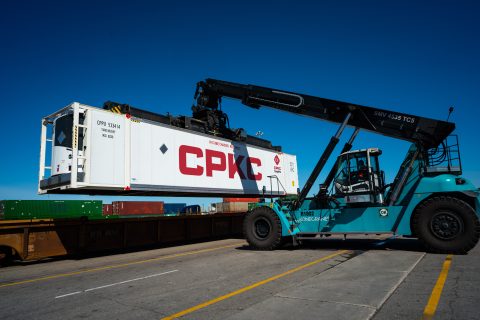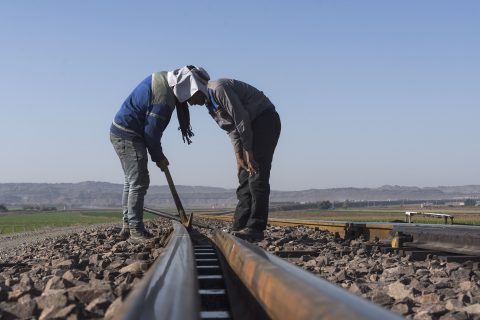Middle Corridor vessel transport to improve, but main player missing

Two vessels will now operate frequently across the Caspian Sea, connecting Turkmenbashi in Turkmenistan with Baku in Azerbaijan. The deal between the Caspian Shipping Company CJSC (ASCO), Baku International Sea Trade Port CJSC and Turkmenbashi International Sea Port aims to improve connectivity along the Middle Corridor, for which Caspian Sea links are the main weakness.
Do you want to read the full article?
Thank you for visiting RailFreight.com. Become a member of RailFreight Premium and get full access to all our premium content.
Are you already a member?
Having problems logging in? Call +31(0)10 280 1000 or send an email to customerdesk@promedia.nl.




